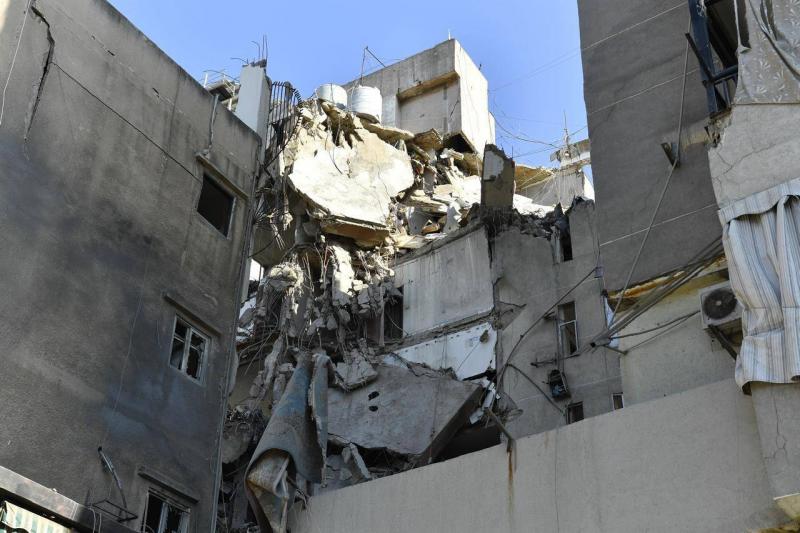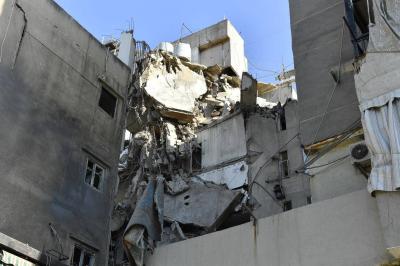The Permanent Mission of Lebanon to the United Nations, today, Thursday, based on instructions from the Minister of Foreign Affairs and Emigrants in the caretaker government, Abdullah Bou Habib, submitted a complaint to the Security Council and the UN Secretary-General concerning Israel's recent attack on the southern suburb of Beirut. Lebanon emphasized in the complaint that "it views this act of aggression as the most serious chapter, as it constitutes a grave escalation since it targeted a densely populated residential area, in clear and blatant violation of Lebanon's sovereignty, territorial integrity, and its citizens, and of all United Nations resolutions that obligate Israel to halt its violations of Lebanese sovereignty, including Resolution 1701 (2006), as well as international and humanitarian laws and the United Nations Charter."
It reminded that it had "repeatedly warned of Israel's intentions to escalate and launch attacks on Lebanon, which could drag the entire region into an open war with dire consequences." Lebanon pointed out that "the aggression on the southern suburb, along with the subsequent attack on the Iranian capital Tehran, serves as additional evidence of Israel's escalatory intentions at a time when international mediators are working to reach an agreement for a ceasefire and to prevent the expansion of war."
Lebanon renewed its "rejection of war and its full commitment to Resolution 1701 (2006) in all its provisions. It called on the Security Council to clearly condemn this Israeli aggression and compel Israel to cease its escalation and violations of Lebanon's sovereignty, territorial integrity, and its people, and to respect relevant Security Council resolutions including Resolution 1701 (2006), to prevent the escalation of the conflict and the entanglement of the entire region in a comprehensive and destructive war that would be difficult to contain." It also demanded "pressure on Israel to accept the ceasefire proposal under Resolution 2735 (2024) without delay, achieving de-escalation in the region."




